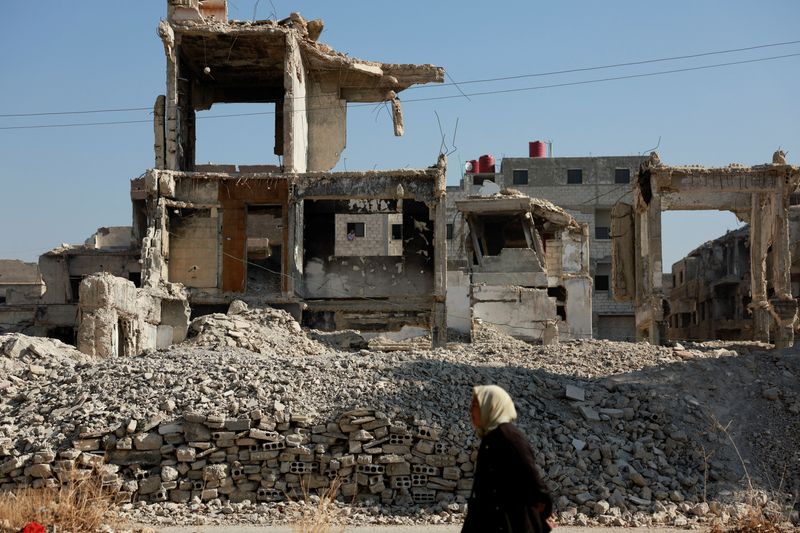In a significant development following the recent ousting of President Bashar al-Assad, the head of the U.N. investigative body focused on Syria, Robert Petit, has reached out to the new authorities in the country. Expressing a willingness to engage, Petit hopes to travel to Syria to gather crucial evidence that could implicate former government officials in crimes associated with the ongoing civil war that has ravaged the nation for over 13 years. This transition in leadership has opened new avenues for accountability regarding crimes committed during the conflict, which has long been marred by widespread human rights abuses.
The International, Impartial and Independent Mechanism (IIIM), established in 2016 to investigate and facilitate prosecutions of serious crimes in Syria, is eager to assess the current state of evidence available. During a press briefing in Geneva, Petit outlined the organization’s primary objectives as securing access to evidence and understanding the scope of what is currently accessible. This includes potentially corroborating evidence of direct involvement by the Assad regime in systematic violations of human rights. The revocation of control by the former government has created a rare opportunity to document and preserve evidence of such crimes.
Petit emphasized the tremendous amount of data already gathered by the IIIM, amounting to 283 terabytes, which is currently being shared with various national prosecutorial bodies. Countries like Belgium, France, and the United States have been collaborating with the IIIM to further investigations into Syria-related human rights violations. By working collectively, these nations hope to ensure that those responsible for atrocities during the war are held accountable under international law.
Despite the hopeful climate surrounding the transition of power, Petit acknowledged that the ongoing conflict and the nature of the transition have resulted in some loss of evidence. Although it remains too early to fully assess how much evidence may have been lost, there is nonetheless an optimistic note regarding the recognition among transitional authorities and Syria’s civil society actors about the necessity of preserving evidence for future accountability efforts. This newfound awareness underscores the potential for a more robust framework for justice moving forward.
The U.N. body’s willingness to cooperate with the new authorities represents a significant shift in the international approach to justice in Syria, particularly given the long-standing challenges posed by the Assad regime’s tight grip on power. The potential collaboration and openness to investigating past crimes suggest a pathway towards accountability that has been elusive for many years. If successful, these efforts could set a precedent for addressing similar situations in other conflict-ridden areas around the world.
As the situation continues to evolve in Syria, the coming weeks and months will be crucial in determining how much evidence can be secured and preserved. The actions taken by the new authorities will be critical in establishing their commitment to transparency and accountability for past crimes. The international community watches closely, hoping for a breakthrough in the pursuit of justice that has been sorely lacking over the years, heralding a new chapter in the ongoing struggle for human rights and accountability in Syria.

